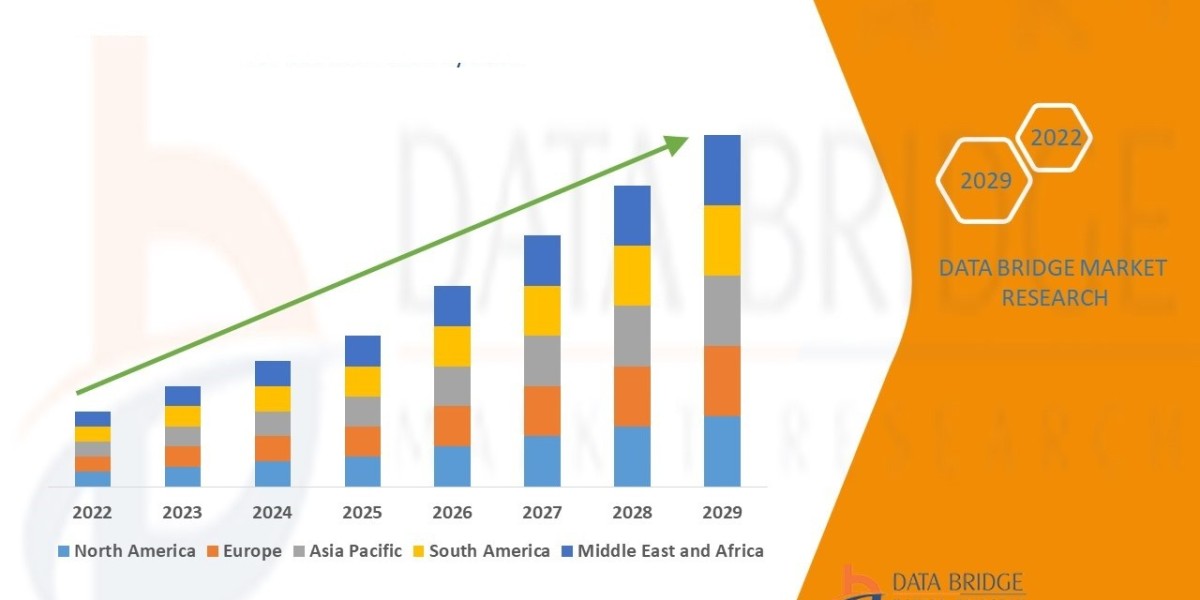In today's dynamic business landscape, Human Resources (HR) has evolved beyond its traditional administrative functions to become a strategic partner in driving organizational success. One of the pivotal roles within modern HR is that of the HR Business Partner (HRBP), who embodies the concept of HR business partnering. This article delves into the essence of HR business partnering, exploring its definition, role, and impact within organizations.
Defining HR Business Partnering
HR business partnering refers to a model wherein HR professionals align closely with business leaders to achieve strategic objectives. Unlike the traditional HR approach focused on transactional tasks, business partnering emphasizes collaboration, data-driven decision-making, and proactive problem-solving. The HRBP acts as a bridge between the HR function and the business units, integrating HR strategies with organizational goals.
Understanding the Role of an HR Business Partner
The role of an HR Business Partner encompasses a diverse range of responsibilities aimed at fostering organizational effectiveness and employee engagement. Key aspects of this role include:
Strategic Alignment: HRBPs collaborate with business leaders to understand operational needs and develop HR strategies that support business objectives. They participate in strategic planning sessions, offering insights on talent management, workforce planning, and organizational development.
Consultative Support: HRBPs provide consultative guidance to business units on various HR matters, including performance management, employee relations, and leadership development. They act as trusted advisors, leveraging HR expertise to address complex people-related challenges.
Change Management: HRBPs play a crucial role in change initiatives by facilitating organizational change, fostering a culture of innovation, and ensuring smooth transitions during restructuring or growth phases.
Data-Driven Insights: Utilizing HR analytics, HRBPs leverage data to drive informed decision-making. They analyze workforce metrics, identify trends, and use predictive analytics to anticipate future HR needs.
The Business Partner Model in Practice
Implementing the business partner model involves a strategic shift in HR's role within the organization. It requires HR professionals to possess a blend of HR acumen and business acumen, enabling them to speak the language of business leaders and contribute meaningfully to strategic discussions. Here's how the business partner model operates in practice:
Collaborative Relationships: HRBPs build strong relationships with business leaders, acting as proactive advisors rather than reactive service providers. They engage with stakeholders across all levels to understand business challenges and co-create solutions.
Integrated HR Solutions: Business partnering entails developing customized HR solutions aligned with specific business needs. This may involve designing talent development programs, succession planning frameworks, or performance improvement strategies tailored to each business unit.
Continuous Improvement: HRBPs continuously evaluate and refine HR practices based on feedback and performance data. They strive to enhance operational efficiency, employee productivity, and overall organizational performance.
The Impact of HR Business Partnering
The adoption of HR business partnering can yield significant benefits for organizations:
Enhanced Strategic Alignment: By embedding HR within business functions, organizations achieve greater alignment between HR initiatives and strategic goals.
Improved Decision-Making: HRBPs provide actionable insights derived from HR analytics, enabling data-driven decision-making that enhances workforce productivity and engagement.
Increased Employee Satisfaction: Business partnering fosters a culture of collaboration and transparency, leading to improved employee satisfaction and retention rates.
Organizational Agility: HRBPs facilitate organizational agility by responding swiftly to market changes and business demands, ensuring that the workforce remains adaptable and resilient.
Conclusion
In summary, HR business partnering represents a transformative approach to HR management, emphasizing collaboration, innovation, and strategic alignment with business objectives. As organizations navigate complex challenges and opportunities, the role of HRBPs becomes increasingly pivotal in driving sustainable growth and fostering a culture of excellence. By embracing the principles of business partnering, HR professionals can elevate their impact and contribute meaningfully to organizational success in today's competitive landscape.
If you're looking to leverage HR business partnering within your organization or seeking to enhance the role of HR in driving business outcomes, consider adopting a strategic approach that empowers HRBPs to function as strategic advisors and change agents. By embracing this model, organizations can unlock the full potential of their workforce and achieve lasting success.








